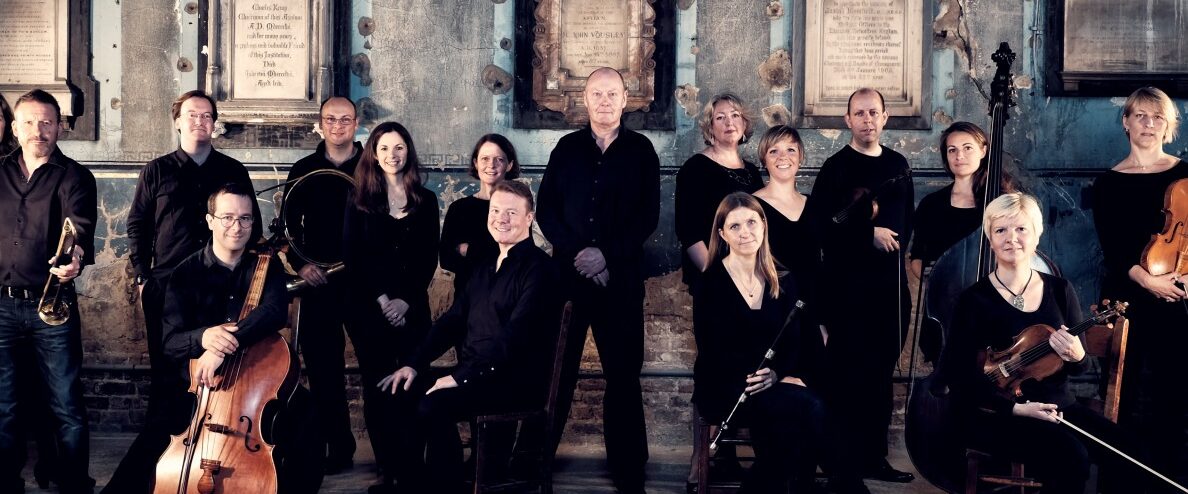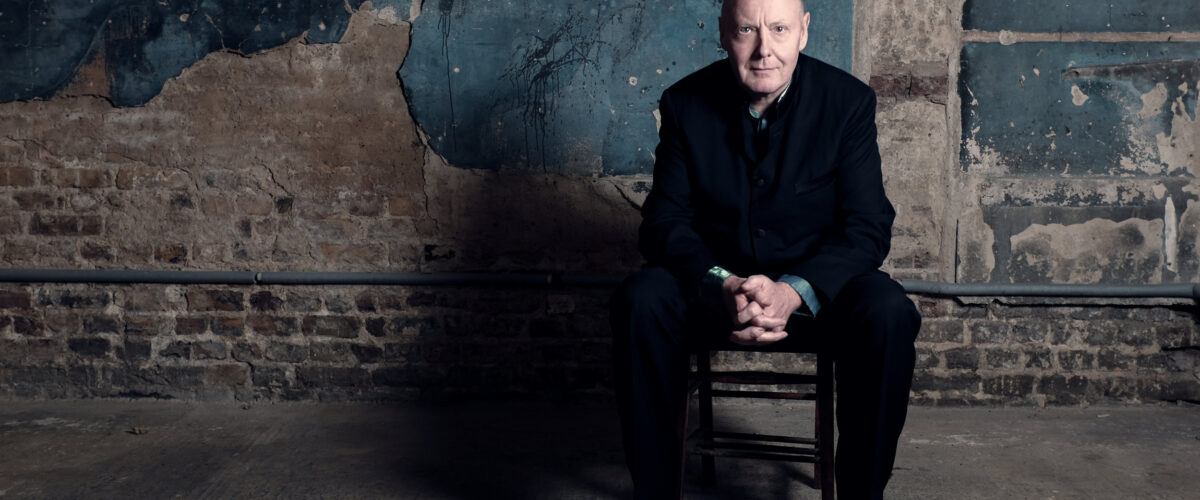TRANSCRIPT
Scofield: I gather there are more than 100 recordings of King Arthur around, but in this recording, you’ve done something completely new. You’ve actually recreated what you think is the original version composed by Purcell and his librettist John Dryden, the great English poet in 1691. That must have taken quite a lot of thought and detective work?
McCreesh: Yes. I mean detective work is a very good analogy. It’s a piece that’s always been in the memory of people, but when you listen to it, it’s very different in all the versions. Now I want to be the first person to say that I think I’ve probably done more work on this piece, and more delving into the scholarly sources with my colleague Christopher Suckling, who helped me on the edition, but I’m not going to claim that my solutions to these problems are the only ones. The problem with this piece is, you have to put it together from many different sources, and indeed use the original play which you’ve referred to, by Dryden, to get the idea of how the music fits in. It’s clear we’ve lost a little bit of the music, so one of the first things that I’ve done is I’ve expanded the instrumental music, of which I think we’ve lost some of the dances, by raiding these wonderful instrumental pieces that exist for other theater pieces for which Purcell wrote music. The second problem that King Arthur has, is it is the great hymn of praise to British exceptionalism. And unfortunately you know where that’s got us in recent history. Politics always interrupts our lives, everywhere in the world including the lovely city of Hong Kong. And in a sense, it’s politics that gave birth to this great piece of British propaganda, if you like.
The second thing I wanted to talk about is the ending of this piece. I will swear that if I’m ever privileged to go and join the celestial choir, and I’m sure there’ll be a longer queue of conductors than me awaiting their services, I’m sure if I met Henry Purcell, I would swear that we’ve lost the final movements of this piece. So where you expect Purcell to pull out all the stops, the best musical fireworks, we actually have two songs which are so badly written, it just cannot possibly be Purcell, and it was probably work of an 18th century hack. And then there’s another chorus which, if it is by Henry Purcell, is probably the worst Purcell ever wrote. Again, I don’t think that that could be a proper Purcell. So what I did cunningly, I stole one of the finest trumpet songs and choruses from Dioclesian, and I retexted it with words by Dryden from another British piece, and sort of married in the 21st century of 17th century text with a great piece of 17th century music.
The third thing I would say is, you use the phrase detective work. It’s a little bit reverse musicology. We’re dealing with sources which are later than Purcell. Most of them are early 18 century, and I think if you’ve spent enough time playing Purcell’s music, because it’s not just myself but also my orchestra as well, we have a, sort of, sixth sense for when pieces are not quite as they should be. Therefore, we’ve gone back a few sections of music which we’ve actually discarded, because we don’t believe they’re part of the original structure. Now, this is a very dangerous game to play, and we’ve used a very light touch on this. But I think the music emerges in a much tighter form, and I think that is a justification for what we’ve actually done. But we don’t have an autograph, so we will never know. I think sometimes intuition can take you a long way.
Scofield: It certainly has won you lots of kudos. One of the reviewers said, “a genuine reconstruction of King Arthur is impossible, McCreesh doggedly pursues impossible perfection anyway.”
McCreesh: It’s always great when people enjoy your work. There are two sorts of musicians. There are those that are happy to play the industry of music, and make money, be famous, and that’s great. But I think if you’re really serious about music, you should be constantly working on sources. You should be asking questions every minute of your working life. I will let you into a secret – I’m going to say something which sounds extremely immodest and I will then qualify – I’m a fantastically good instinctive musician. Music to me is as easy as eating and drinking. But I’ll then tell you that I don’t have one percent of the talent of the people who write the music, compared to Purcell, or Mozart, or Schubert. I’m just a complete amateur. We should address all our work with tremendous passion, tremendous humility, and we should actually use our intellect and questioning, which is absolutely at the heart of my music making, what does the music represent, how does the score represent the sound, what can we learn from the instruments of the time… It’s not just about taking a score from the shelf and conducting. It’s about going through the process of analysis and thought, and that’s what we all need to spend more time as musicians. Goodness knows the very same thing at the moment with the virus we’ve got too much time to reflect. I want to get to conduct orchestras, but it’s also good to have time to think.
Read more about Paul McCreesh on their OFFICIAL WEBSITE.




